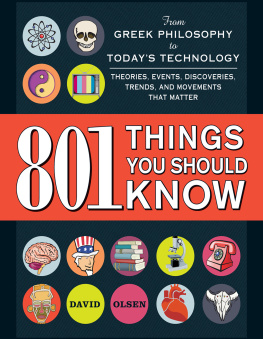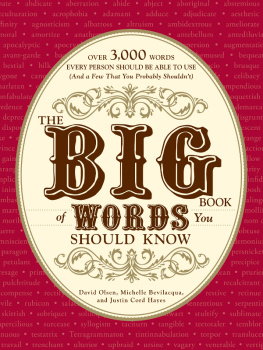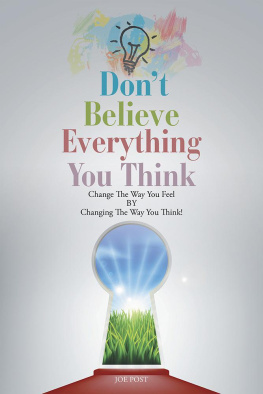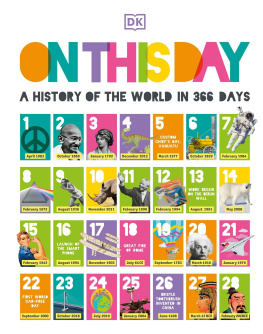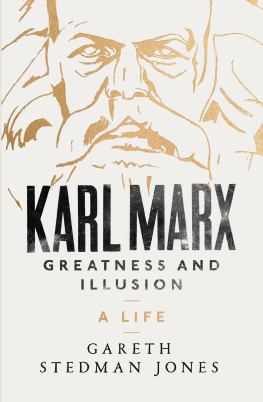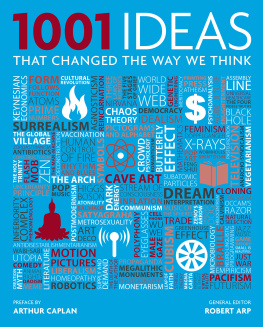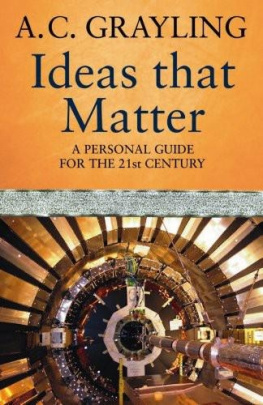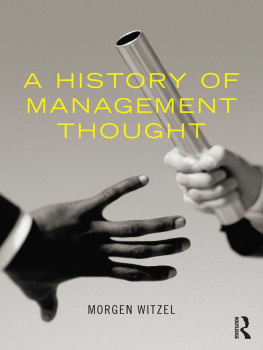801 THINGS YOU SHOULD KNOW
From Greek Philosophy to Todays Technology
Theories, Events, Discoveries, Trends, and Movements that Matter
DAVID OLSEN

FOR DAD AND MOM
Introduction
Abnegate. Confabulate. Encomium. Hyperopia. Ineluctable. Monolithic. Peripatetic. Saturnine. Torpor. Zenith.
It is hard to believe that my book The Words You Should Know has been in print for more than twenty years. That book has become a bestseller for a simple reasonit lays out in an easy-to-read format the essential vocabulary words that people need to know. Other vocabulary books contain lots of words you will never hear. The Words You Should Know, on the other hand, helps people quickly master the words they need to know and hear around them every day.
Aesthetics. Baroque. Class Consciousness. Existentialism. Feudalism. Fortissimo. Impressionism. Multilateralism. Sword of Damocles. Theory of Relativity.
Based on the same philosophy, in a brief authoritative style, 801 Things You Should Know presents the leading ideas and concepts every educated person should know.
Lots of people need a quick and authoritative way to identify and define the ideas they hear around them every day, whether in the news media or in our culture in general.
If youve ever confronted one of these terms, you know that the usual approachstalling for time until you can grasp the context of what the person has just said, or dredging through your mind for a few elusive memories from a high school or college classroomhas its limits. With a few minutes of study each day, the books straightforward, succinct definitions will help you become the master of conversation and help you to understand what is being said around you. This book can get you out of a jam, improve your performance at school, and help advance your career. And thats no hyperbole, rigmarole, or embellishment.
In this book I have done the work of culling out essential terms and ideas. All you have to do is read through the brief descriptions of the ideas and understand them.
Each section contains 100 ideas or concepts that a person needs to know. The categories are philosophy, history, business and economics, art and literature, people and culture, politics, science and technology, and social sciences.
Someone once said that knowledge is power. To a large extent that is true. Knowing the ideas and concepts in 801 Things You Should Know will put you in a position to advance in your career, social circles, or school. But more important, you can quickly expand your appreciation of the world around you and how it became what it is today.
So whether you are studying for the SAT or ACT, want to sound more intelligent in conversation or around the office, or wish to expand your knowledge of politics, philosophy, art, business, or science, youll be more successful when you master this book.
But above all, I want to create that rarity among vocabulary and reference booksone you can leaf through enjoyably. Have fun!
Chapter 1
Things You Should Know About Philosophy
Until philosophers are kings, or the kings and princes of this world have the spirit and power of philosophy, and political greatness and wisdom meet in one, and those commoner natures who pursue either to the exclusion of the other are compelled to stand aside, cities will never have rest from their evilsno, nor the human race, as I believeand then only will our State have a possibility of life and behold the light of day.
Plato
I n this section youll learn the 100 things you need to know about philosophy, from all of Platos best ideas to modern-day philosophies such as subjective idealism and infinitism. You will learn how, in the age of reason in England and France, there was a reshuffling of thought and ideas central to humans and their place in society. How Confucius built an ethical system and moral order of virtues credited with instilling values of learning and family devotion that are common in China today. How humanism stresses human fulfillment through science and the application of scientifically derived knowledge. How the mind-body problem explores the question of whether a soul exists in humans or if we are a collection of chemicals that interact to provide experience of the external world. How transcendentalism teaches that reality can be discovered through intuitive thought processes, and makes a priority of spiritual insights over empirical data. You will learn all this and much, much more.
AESTHETICS
This is the philosophy of beauty and taste relating to nature or the creation of art. Its an appreciation of beauty derived through the senses or a study of sensory-related values or judgments. It can also mean a critical review of art forms or culture. It comes from Greek, meaning I perceive, feel, or sense.
AGE OF REASON
In eighteenth-century England and France, philosophy, art, religion, and societys values were re-evaluated through the prism of reason. It was a time of reshuffling thoughts and ideas central to humans and our place in society. Many thinkers of this age promoted the importance of the individual in society, challenged the right of monarchs to rule, and said people should pursue their own course in life. What transpired in this period of history set the stage for democratic upheavals such as the American Revolution.
AGNOSTICISM
A doubt or skepticism about the existence of God; beliefs or judgments about whether it is possible even to know about the existence or nonexistence of a God or deity. The term also relates to the likelihood of our knowing metaphysical or religious truths. Agnosticism includes the belief that humankind has not acquired adequate proof for a rational decision as to the existence of a deity.
ANIMISM
The belief that animals, plants, mountains, rivers, and other natural phenomena possess a spirit. Animists argue for the existence of both the physical and spiritual worlds in one world. Ancient tribal people attributed myths and rituals to certain animals or acts of nature, giving them specific powers. Anthropologists often refer to the religious practices of ancient people as animist.
ANTHROPOMORPHISM
The attribution of human emotions and features to animals, spirits, gods, or natural phenomena such as thunder and lightning, the sun, etc. The ancient Greeks thought of their gods in human form. Anthropomorphism can include physical appearance, temperament, and personality. Mythic gods who showed emotion, indifference, etc., are anthropomorphic gods.
AQUINAS, THOMAS (12251274)
An Italian philosopher and Roman Catholic theologian who wrote the Summa Theologiae as a comprehensive overview of Christian belief. His work was the high point of Scholasticism, a scholarly approach to critical thinking using Aristotelian logic. In his writings, Aquinas encouraged the application of reason to theological topics.
ARISTOTLE (384 B.C.E.322 B.C.E. )
A Greek philosopher who as a young man was taught by Plato. Next to his teacher, Aristotle is considered one of the worlds greatest philosophers. He studied and taught about almost every aspect of science, knowledge, rhetoric, logic, ethics, biology, and zoology. His approach to studying objects was later used by Francis Bacon to develop the scientific method. Aristotle was, for a time, the tutor of Alexander the Great.

